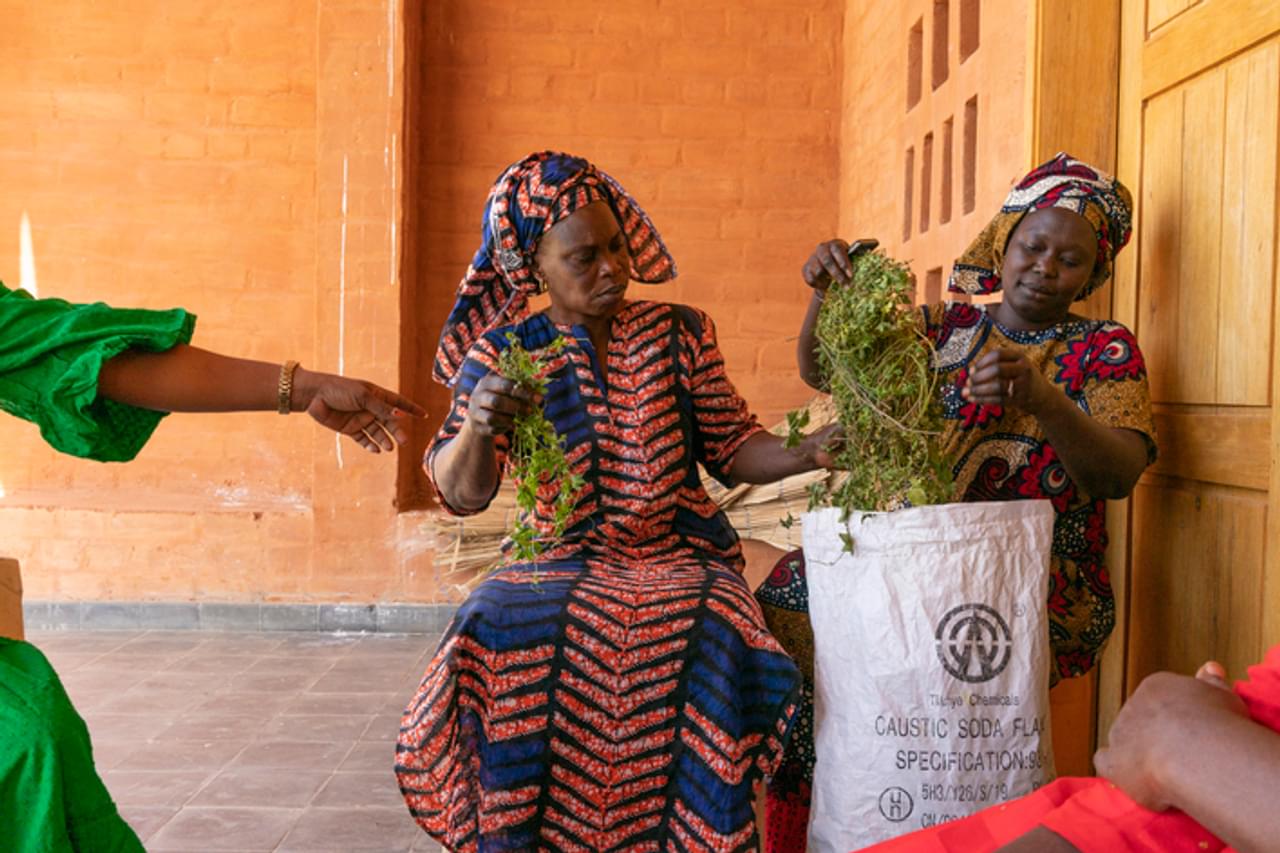
Insights
Beyond boundaries: Exploring Global Health Security grantees' path to impact

A closer look at reporting initiatives on critical Health Security cases.
With mainstream media facing financial and time constraints, freelancers are now stepping in to provide coverage on central topics, challenges, and potential solutions on vital subjects like global health. Despite their crucial role, these journalists often face obstacles in accessing sufficient financial support to complete in-depth field research and publish their findings.
This is the third part of the series that covers the European Journalism Centre (EJC) initiative that launched the Global Health Security Call in 2023. This initiative was designed to provide grant funding and research opportunities to freelance journalists focusing on global health security. The program successfully awarded €100,000 in grants, empowering 12 impactful journalistic projects that shed light on global health matters.
Mental health in Lebanon: from taboo to a national emergency
The successive wars, the explosion of the port, the Covid pandemic and the economic crisis have instilled generalised anxiety in a good part of the Lebanese people. Nearly 40% of the population today suffer from a psychological disorder, four times more than the world average.
In just a few years, mental health has become a national emergency to which the State is quite unable to respond. As the taboo is broken, associations and citizens are getting organised. The demand for psychological services has skyrocketed, prompting communities, schools and individuals to take action.
Sarah Andersen and Amandine Plougoulm’s article appeared in the print version of Causette (in French)
“Mental health has long been an underreported topic. By leveraging innovative formats and giving a voice to people who are witnessing or experiencing it on a large scale, we hope our stories will raise awareness and understanding of mental health issues.”
-– Sarah Andersen
Cholera Outbreak in Syria - The Return of the Blue Death
Bartholomäus Laffert and Sitara Ambrosio report in Taz on how global warming is hitting Northern Syria harder than almost any other region, while at the same time, Turkey is curbing the flow of the Euphrates, the country's lifeline. Climate change and conflict form a twin crisis that could affect millions of people around the world.
According to UN estimates, around 100,000 people have contracted cholera in Syria since August 2022. Health experts see the reason for this in the lack of water, which means that the quality of the water is getting worse. Waterborne diseases like cholera spread faster.
Cutting out fake and shoddy medicines in Nigeria
Nigeria is having a fake-medicines crisis. Many people die after taking fake medicine, but the country is taking action in the hope of eliminating fake medicines.
Nigeria is the first country to widely mandate Mobile Authentication Service (MAS) for medicines (specifically antimalarials and antibiotics, though other medicines now use it as well).
But there’s a long way to go, as it is common not to bother using MAS even if available and power outages affect telecom networks, and thus the speed and usefulness of the service.
In her Forbes article, Christine Ro looks at MAS and other measures that are being taken.
The virus hunter
Julia Amberger interviews African and European veterinarians looking for dangerous microorganisms before they jump species and cause the next pandemic.
If Ebola breaks out anywhere in the world or great apes die in large numbers, he's there to find out why: veterinarian Fabian Leendertz. He tests and observes animals, interviews people, and searches for the origin of the pathogens. But by then it is usually too late: hundreds of people or endangered animals have died and the costs for the international community are high.
That's why he and his colleagues from Africa have made it their task to fish out the viruses that are dangerous for humans in the deepest rainforests before they spread to humans and around the world. They are taking urine and blood tests of gorillas, studying bats and collaborating with hunters and doctors in one of the world's most remote rain forests: Dzanga-Sanga in the Central African Republic. Amberger’s story appeared on Deutschlandfunk Kultur.
“In order to solve the global health challenges of our time, we have to perceive our health as one - thanks to this grant I am able to report how gorillas, insects, the environment and us, we are all interconnected!”
-– Julia Amberger
Please make a contribution today
Your support will help us continue providing the kinds of opportunities journalists tell us they rely on
Would you like to have a direct conversation about making a donation? Please get in touch.


